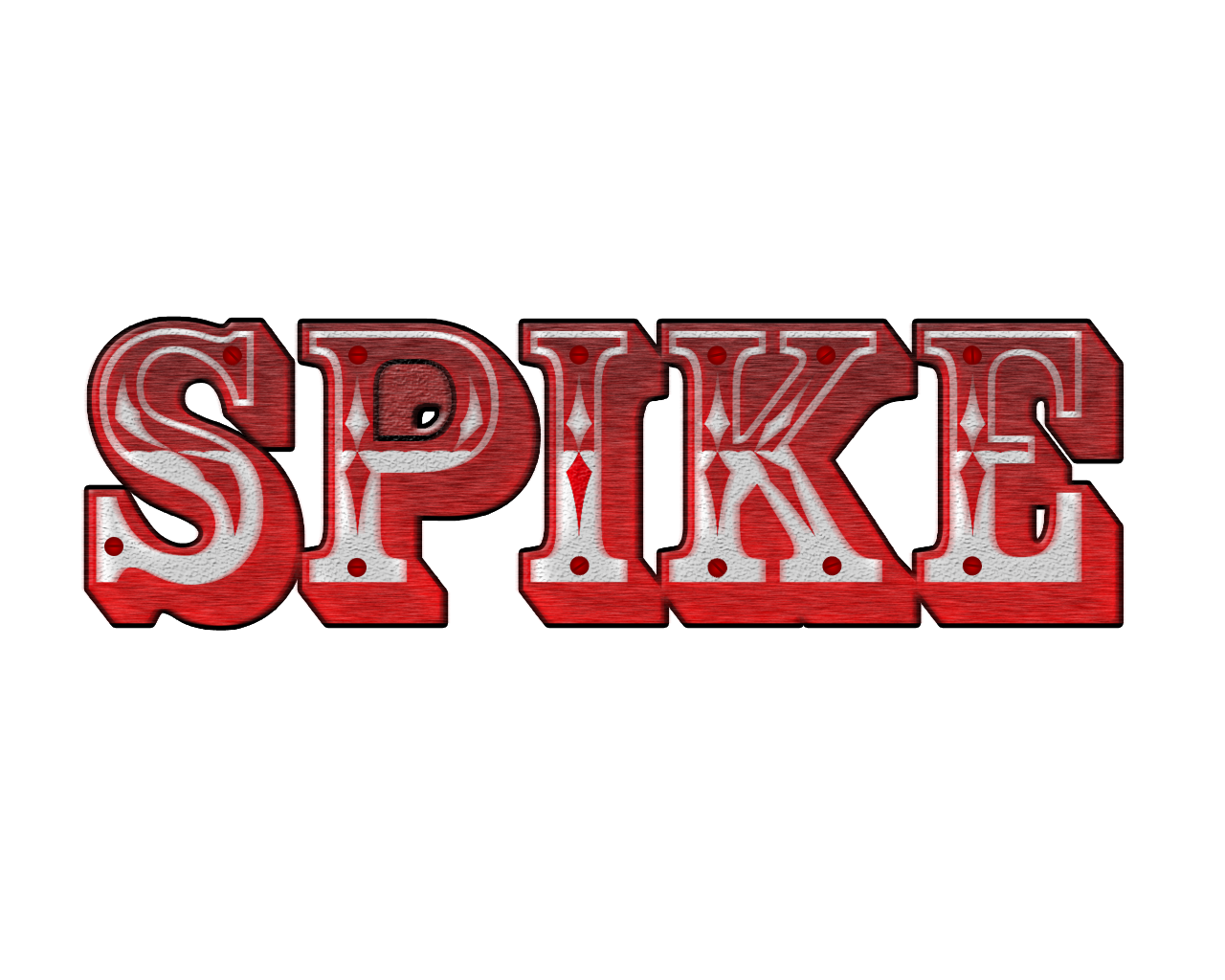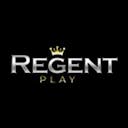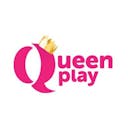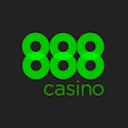
In recent years, online gambling has seen a surge in popularity in Canada, with slots being particularly favored by players due to their simplicity, entertaining themes and potential for significant payouts. However, with the rise in popularity comes concerns about security. Players often ask, How safe is it to play online slots in Canada? This article examines the security measures in place, the regulatory framework governing online gambling, and tips to ensure a safe online slots experience.
Understanding the Regulatory Environment
The safety of playing online slots in Canada is largely dependent on the regulatory environment that governs online gambling. In Canada, the legality of online gambling is regulated at the provincial level, which means that the rules can vary significantly depending on where you live. Provinces such as Ontario, British Columbia and Quebec have established their own online casinos through provincial gaming agencies, which are strictly regulated to ensure fairness and security.
These provincial sites are guaranteed to comply with Canadian gaming laws, providing a layer of protection that foreign sites may not. However, many Canadians also play on offshore gambling sites that operate outside the direct control of Canadian authorities. This is where understanding the importance of regulation becomes critical. It's best to play on sites licensed by reputable gaming authorities such as the Malta Gaming Authority, the United Kingdom Gambling Commission, or the Kahnawake Gaming Commission, which operates in Canada and is one of the oldest gaming jurisdictions in the world.
How Canada Stacks Up in Online Gambling Regulation
When evaluating the security of online slots, it's important to understand how Canada's regulatory framework compares to other major markets such as the United Kingdom, Malta and the United States. Each of these regions has developed different approaches to regulating online gambling, which can serve as valuable benchmarks for assessing the strengths and potential weaknesses of the Canadian system.
The United Kingdom: The United Kingdom is known for its strict regulatory environment, which is administered by the Gambling Commission. This body enforces rigorous standards for all forms of gambling, including comprehensive fairness reviews, player protection and anti-money laundering measures. The UK's approach is proactive, with a strong emphasis on consumer protection and corporate responsibility. Compared to Canada, where regulation is provincial, the UK's centralized system allows for more consistent policy and enforcement. Malta: As one of the first jurisdictions to embrace online gambling, Malta has become a hub for Internet gaming companies regulated by the Malta Gaming Authority (MGA). The MGA is known for its thorough licensing process and has been a pioneer in promoting international regulatory standards. However, Malta's regime is often seen as more business-friendly, which could be a double-edged sword, allowing more operators to operate with less stringent oversight than in Canada.
United States: The US presents a complex landscape where the legality of online gambling varies significantly from state to state. In contrast to Canada's provincial but generally permissive approach, the U.S. has a mix of highly restrictive and openly liberal jurisdictions. This patchwork creates inconsistencies that can confuse players and operators alike. However, states such as New Jersey and Pennsylvania that have legalized online slots offer robust regulatory frameworks that prioritize player safety and fair play.
Strengths and weaknesses of the Canadian system: Canada's model of provincial regulation allows for customized approaches that can adapt to local preferences and social norms. This flexibility is a strength, but also a potential weakness, as it can lead to inconsistencies in player protection and regulatory standards across provinces. Unlike the more uniform systems in the United Kingdom and some U.S. states, Canadian gamblers must navigate a variety of rules depending on where they live.
Technological safeguards: Improving Online Slots Security
Understanding technological safeguards such as SSL encryption and Random Number Generators (RNGs) is critical to evaluating the security of online slots.
SSL Encryption: Secure Socket Layer (SSL) encryption is essential for protecting data transmitted between players and casinos. It works by creating a secure channel over an insecure network - ensuring that sensitive data such as credit card numbers and personal details are transmitted safely. The data is encrypted at the sending end and decrypted at the receiving end, preventing unauthorized access during transmission.
Random Number Generators (RNGs): RNGs are the heart of fairness in online slots. They generate random numbers to determine the outcomes of spins, ensuring that results are not predictable. Certified RNGs are rigorously tested by independent auditors to confirm their randomness and fairness. These systems are critical to maintaining the integrity of games and ensuring that neither players nor operators can manipulate outcomes.
Emerging Technologies: Blockchain: Blockchain technology represents a promising improvement in online gaming security and transparency. By leveraging blockchain, every transaction and spin can be recorded on a decentralized ledger that is inherently resistant to tampering and fraud. This technology not only enhances security, but also increases player trust, as all operations are transparent and verifiable. In addition, blockchain could revolutionize payouts and withdrawals, making them nearly instantaneous and reducing the risk of interference or delays.
Player Protection and Responsible Gaming
Responsible gaming is a cornerstone of safe online gambling, and Canadian online casinos are at the forefront of promoting such practices. These platforms offer a variety of tools designed to help players manage their gambling activities responsibly, ensuring that they maintain control over their gaming habits and mitigate potential risks.
Self Exclusion Options: One of the most important measures available is self-exclusion, which allows players to voluntarily exclude themselves from gambling for a period of time. This tool is vital for those who feel their gambling is out of control, as it provides a forced break that can help them reassess their habits and possibly seek the help they need.
Personal deposit and loss limits: Casinos also allow players to set personal deposit and loss limits. These limits prevent individuals from spending more than a predetermined amount, protecting them from significant financial loss and encouraging more disciplined gambling behavior.
Reality Checks: Reality Checks are timely reminders that pop up during gameplay to inform players how long they have been playing. This intervention helps gamblers keep track of time and promotes awareness that can curb extended gambling sessions and encourage breaks.
Links to problem gambling resources: In addition, reputable sites provide direct links to problem gambling resources.. These links provide access to professional help and resources that can assist with problem gambling, such as counseling services, support groups, and educational materials.
Together, these responsible gaming features create a safer gaming environment by empowering players to proactively manage their gambling and seek help when needed. By implementing such tools, Canadian online casinos demonstrate their commitment to player safety and the promotion of responsible gaming.
Choosing a safe online casino
Choosing where to play online slots requires careful consideration to ensure maximum security and a positive gaming experience. Players should evaluate several critical factors before committing to an online casino:
Licensing: The first and perhaps most important step is to verify that the casino is licensed by a credible authority. A valid license from a reputable regulatory body such as the Kahnawake Gaming Commission, the Malta Gaming Authority or the UK Gambling Commission is a strong indicator of a casino's reliability and commitment to fair play.
Security measures: The presence of robust security measures such as SSL encryption is essential. SSL encryption secures data transmitted between the player and the casino, protecting sensitive information such as payment details and personal information from unauthorized access.
Fairness Certifications: Players should also look for fairness certifications from independent auditing companies such as eCOGRA. These certifications ensure that the casino's gaming operations meet industry standards for fair play and that the games are free from collusion.
Online Reviews: Reading online reviews and player feedback can provide insight into the casino's reputation, especially regarding payouts and how it treats its players. Positive reviews are a good indicator of a trustworthy casino, while numerous complaints may raise a red flag.
Payment methods: Finally, make sure that the casino offers secure and accepted payment methods. Reliable payment options such as Visa, MasterCard, PayPal and e-wallets not only facilitate secure transactions, but also reflect the legitimacy and operational integrity of the casino.
By carefully considering these factors, players can choose an online casino that not only meets their entertainment needs, but also ensures their safety and protects their financial and personal information. This careful approach to choosing an online casino is essential for anyone who wants to enjoy online slots safely and responsibly.









